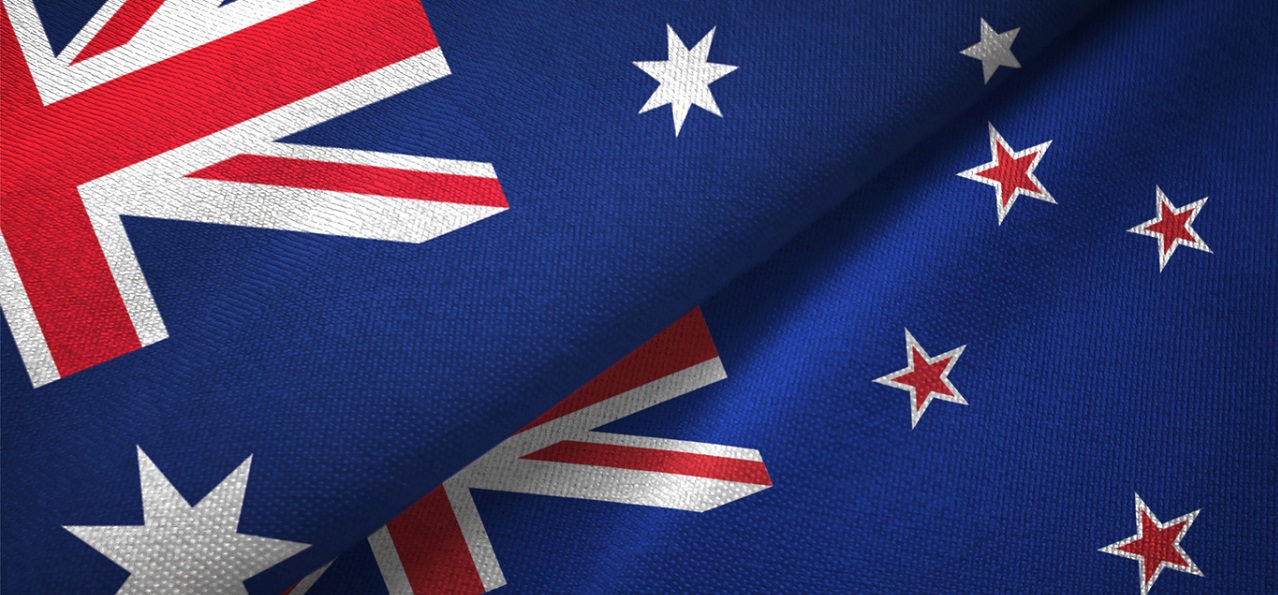Last week, the High Court of Australia ruled that Qantas airline violated the Fair Work Act when it fired nearly 1,700 members of its ground crew and replaced them with contract workers during the Covid-19 pandemic.
The ruling upheld two prior judgments by the Australian Federal Court and Full Court of the Federal Court, which found the airline had taken unlawful adverse action, according to the Recruitment, Consulting & Staffing Association. The Australian Financial Review reported that the ruling also found Qantas was partly motivated to outsource baggage handlers and cleaners to avoid industrial action.
Case history. Qantas had decided to outsource its ground handling operations in 2020. At the time, affected staff were precluded from taking protected industrial action. In addition, the move coincided with the relevant Qantas enterprise agreements’ nominal expiry dates.
The Transport Workers’ Union (TWU) filed suit against Qantas in Federal Court, alleging the airline made its decision (at least in part) because it knew that the relevant employees would soon become eligible to engage in enterprise bargaining and take protected industrial action. In short, the TWU argued that Qantas made the decision to prevent the employees from exercising their future workplace rights.
While the Federal Court accepted Qantas’ evidence that financial pressures (with regard to the Covid-19 pandemic) were a significant motivator in its decision, it also found that one of the substantial and operative reasons for the decision was, in fact, Qantas’ desire to prevent the employees from exercising their workplace rights.
Appeals. Qantas appealed the decision to the Full Court of the Federal Court. However, the Full Court upheld the initial decision.
Qantas took its appeal to the High Court, arguing that the prohibition on taking adverse action relates only to workplace rights that exist at the time the adverse action is taken, not future or potential workplace rights.
While the High Court acknowledged Qantas had “valid commercial justifications” for its outsourcing decision, it ultimately agreed with the Federal Court that Qantas had chosen to outsource its baggage handlers and cleaners to avoid industrial action.
Next steps. Qantas says it will move swiftly to compensate the nearly 1,700 affected workers. The case will also return to the Federal Court, which will determine the scale of fines to be levied against Qantas for breaching the Fair Work Act and compensation for the workers.
Lawyers for the TWU have indicated they will seek the maximum AU$100 million (US$64.6 million) penalty, and the court will factor in economic losses, including redundancy payments already made and wages foregone as well as mental suffering in deciding compensation.
Qantas also said it would reach out to the TWU “to discuss reaching agreement on a settlement for the people involved as reasonably and quickly as possible.”









